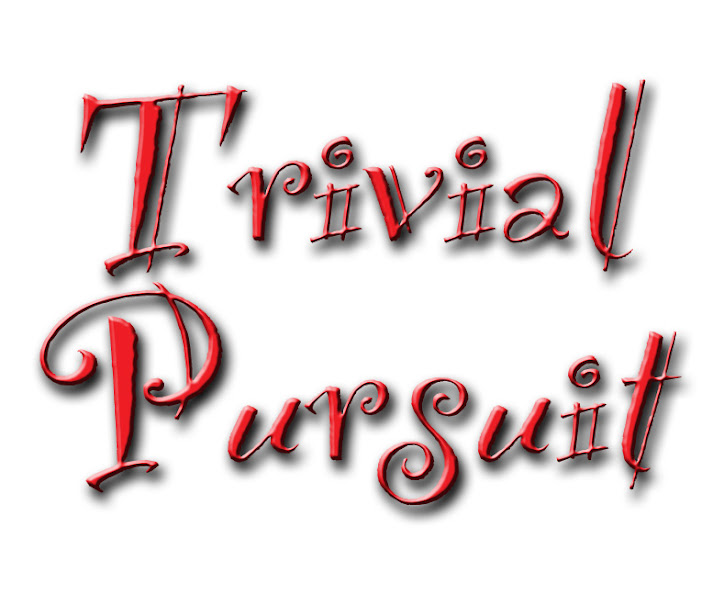When last have you bought a CD? I’ll bet it has been a while since you have purchased a book too. Technology has revolutionised everything, including the traditional book.
Welcome to the age of the e-reader, delivering 1,000’s of books into the palm of your hand. There are several well known dedicated e-reader devices, such as the Amazon Kindle and the Barnes & Noble Nook. But increasingly people are turning to existing devices such as phones, table PC’s or handheld game consoles for ‘books’.
Regardless of the device you use, e-readers are extremely portable, generally have long battery lives and have the ability to put an entire library at your finger tips.
The Amazon Kindle was introduced to the market two years ago. It is about the size, weight and dimension of a traditional paperback book with a crisp ‘electronic ink’ display. Books can be downloaded anywhere in the world thanks to built in 3G roaming as provided by Sprint. You can browse for, buy and be reading material in 30 seconds from the Amazon store which features 100,000’s of books, magazine and newspaper titles.
Feel free to bookmark sections, make comments or look up words with the built in dictionary, but don’t expect to be able to download books over the internet as there is no wifi immediately available. So for us here in Jamaica, the other options include transfer from PC or download direct to iPhone.
The Barnes and Noble Nook is being touted as a ‘Kindle Killer’; expected to ship early next year, the Nook has ‘one-upped’ the Kindle on some features. Like the Kindle, you can browse for and purchase through a worldwide 3G network, in the Nook’s case provided by AT&T. In addition to the ‘electronic ink’ screen, the Nook features a colour touch LCD display that doubles as a keyboard on the lower third of the device.
For roughly the same price of US$250, the Nook offers built-in free wifi; unfortunately, the wifi will only work in Barnes & Nobel stores. Like the Kindle, the Nook allows you to bookmark, highlight or annotate key sections for a book, but unlike the Kindle, Nook allows you to ‘share’ a book with your friend with a compatible e-reader for up to 14 days.
Both devices are able to hold roughly 1,500 titles and play MP3s, but Nook has an expansion slot to increase the built-in 2GB with a mini-SD card of up to 16GB. Nook doesn’t however have the cool, experimental text to speech feature which assists with word pronunciation. The Nook is one ounce heavier (I am told) and has a shorter battery life of about 10 days. It also has no built-in internet browser unlike its chief rival, but does have native PDF.
If Nook starts to make an impact in the e-reader market, Amazon is likely to make additional improvements in its now third generation Kindle. But all of this will be moot, if the highly speculated Apple Table hits the market next year. These are indeed interesting times.
Interface with us:
Online: trivialonfame.blogspot.com
On email: famefm@rjrgroup.com
On SMS: 876-878-FAME (18768783263)


